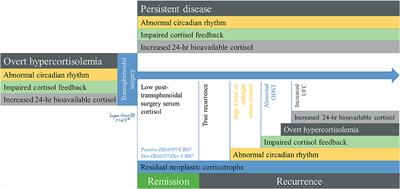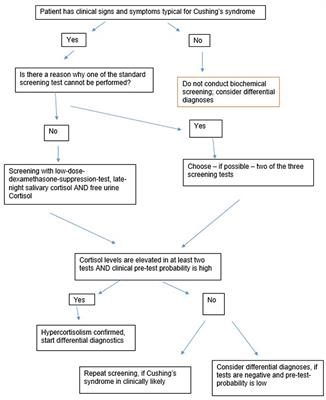REVIEW
Published on 08 Dec 2020
Medical Treatment of Cushing's Disease: An Overview of the Current and Recent Clinical Trials

doi 10.3389/fendo.2020.00648
- 27,281 views
- 94 citations
18k
Total downloads
98k
Total views and downloads
You will be redirected to our submission process.
REVIEW
Published on 08 Dec 2020

EDITORIAL
Published on 19 Nov 2020
MINI REVIEW
Published on 29 Jan 2020

REVIEW
Published on 11 Dec 2019

REVIEW
Published on 08 Nov 2019

REVIEW
Published on 08 Nov 2019

ORIGINAL RESEARCH
Published on 30 Aug 2019

CASE REPORT
Published on 04 Mar 2019

